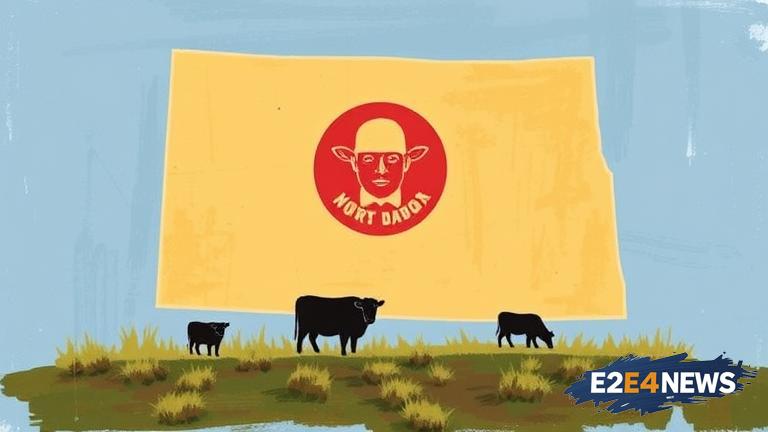A lawsuit has been filed by a group of ranchers in North Dakota, aiming to reform the appointment process for the North Dakota Beef Commission. The commission, which is responsible for promoting the state’s beef industry, has been accused of being overly controlled by a small group of large ranchers and cattle producers. The plaintiffs argue that the current appointment process is unfair and does not provide adequate representation for smaller ranchers and cattle producers. The North Dakota Beef Commission is a state-funded agency that collects a $1 assessment on every head of cattle sold in the state. The commission uses these funds to promote the state’s beef industry, both domestically and internationally. However, the plaintiffs claim that the commission’s appointment process is flawed, with the governor having too much power in selecting members. The lawsuit alleges that the governor’s appointments have resulted in a commission that is dominated by large ranchers and cattle producers, who may not have the same interests as smaller producers. The plaintiffs are seeking to have the appointment process changed to provide more representation for smaller ranchers and cattle producers. They argue that this would lead to a more diverse and representative commission, better equipped to promote the state’s beef industry as a whole. The lawsuit has sparked debate within the state’s agricultural community, with some arguing that the current appointment process is fair and effective. Others, however, agree with the plaintiffs that reform is needed to ensure that all segments of the industry are represented. The North Dakota Beef Commission has declined to comment on the lawsuit, citing ongoing litigation. The case is currently pending in state court, and a decision is expected in the coming months. The outcome of the lawsuit could have significant implications for the state’s beef industry, and may lead to changes in the way the commission operates. The plaintiffs are hopeful that their lawsuit will lead to a more inclusive and representative commission, better equipped to promote the state’s beef industry. The case has also drawn attention from other states, where similar issues have been raised about the representation of smaller ranchers and cattle producers on state beef commissions. As the lawsuit moves forward, it is likely to remain a topic of interest and debate within the agricultural community. The plaintiffs’ lawyer has stated that they are confident in their case and look forward to presenting their arguments in court. The lawyer also noted that the lawsuit is not intended to be a criticism of the current members of the commission, but rather a call for reform to ensure that the commission is more representative of the state’s beef industry as a whole.




